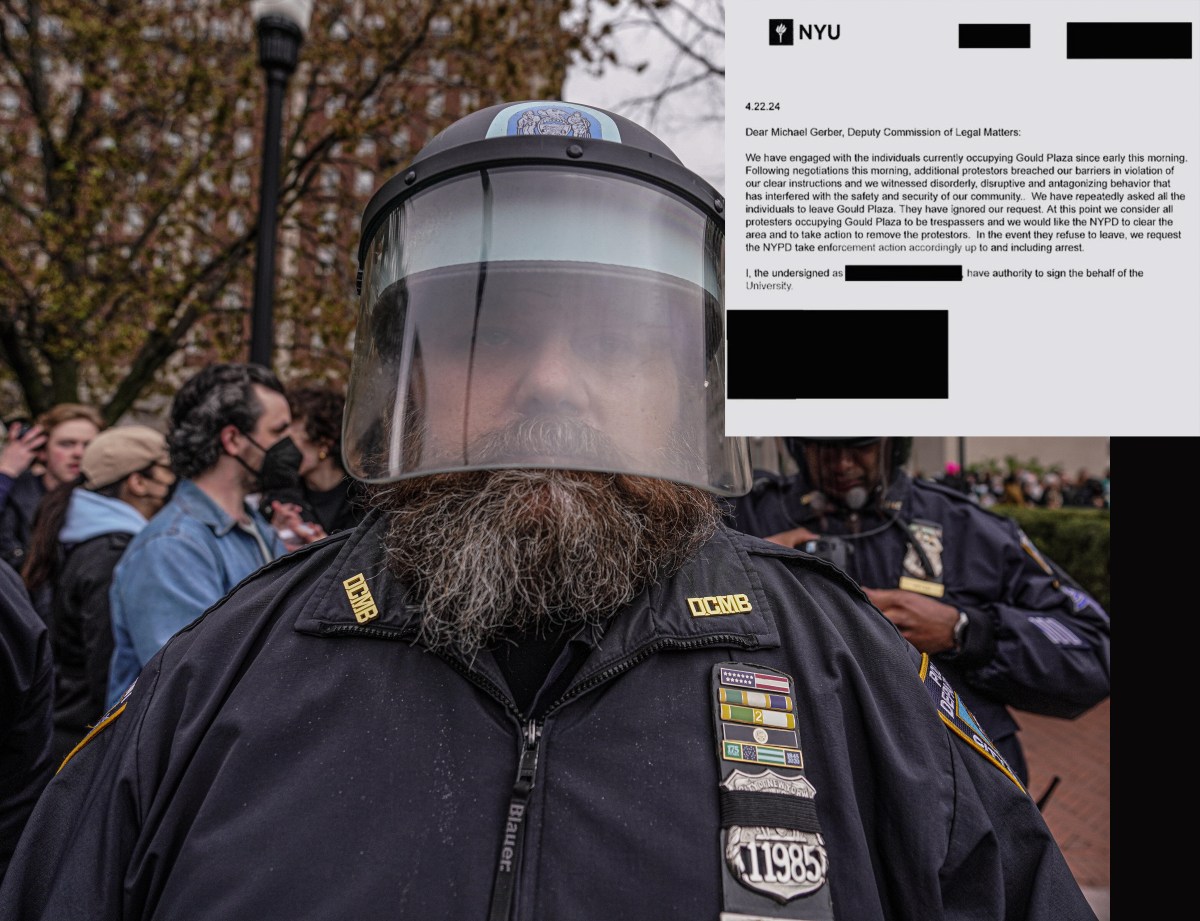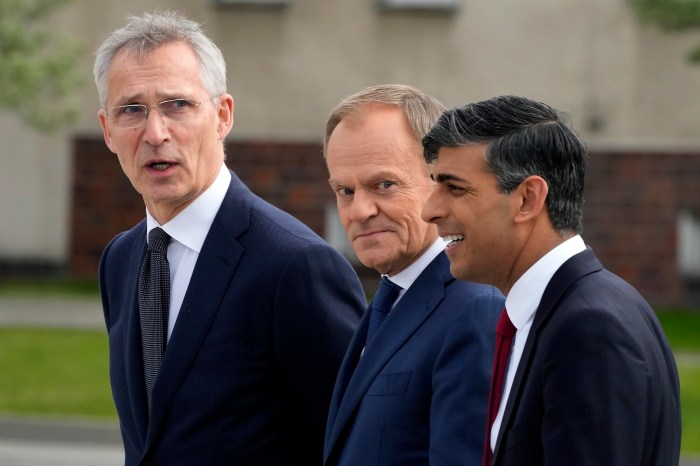Great news for local foodies: Vancouver Mayor Gregor Robertson recently said he wants to bring a better selection of street cuisine to the city core. And he’s looking to Portland — which has a bountiful food cart scene — for inspiration. So bring on the vendors of tacos, souvlaki and bento boxes.
An infusion of dishes more reflective of the cultural makeup of this city would be a welcome respite from what’s currently on offer — mostly frankfurters and roasted chestnuts. So thanks in advance to the progressive Oregon city for leading the way here.
The problem is, Robertson and countless others in this city are guilty of fawning over all things Portland. Our metropolitan sibling to the south is on the continual receiving end of gushing media stories, not to mention taxpayer-funded visits from our smitten politicians.
Their enthusiasm, though well-meaning, is ultimately misplaced. Portland is a fine city to visit, and an even better place to live in. But an urban model for Vancouver to emulate? Not so much.
Take, for example, public transit. In relative terms, Portland’s light rail and streetcar oriented system is a success. It outclasses many similarly-sized U.S. cities. But Vancouver’s light metro — the backbone of our transit network that is constantly derided by various special interest groups in this region — carries far more riders.
Don’t get me wrong — the Olympic Line was proof that Stumptown-style streetcars have a place in Metro Vancouver. But it’s astonishing that our city planners are even considering running a streetcar to UBC instead of the faster, grade-separated SkyTrain.
A recent article in The Economist about the Pacific Northwest’s best-loved city among the chattering classes referred to it glowingly as “a sophisticated and forward-looking place.” But, interestingly enough, there was some criticism to go with the praise. Portland, according to the prestigious periodical, “for all of its history of Western grit, is remarkably young, white and childless.”
The implication is that Portland’s livability works for some urban professionals and trust fund hipsters — but it may not be so endearing to middle-class families and immigrants, who are heading for the suburbs and other cities in growing numbers.
As we grapple with the issue of prioritizing so-called livability above affordability and economic growth, we might be wise to learn from the Portland experience — but not necessarily to fetishize it.

















